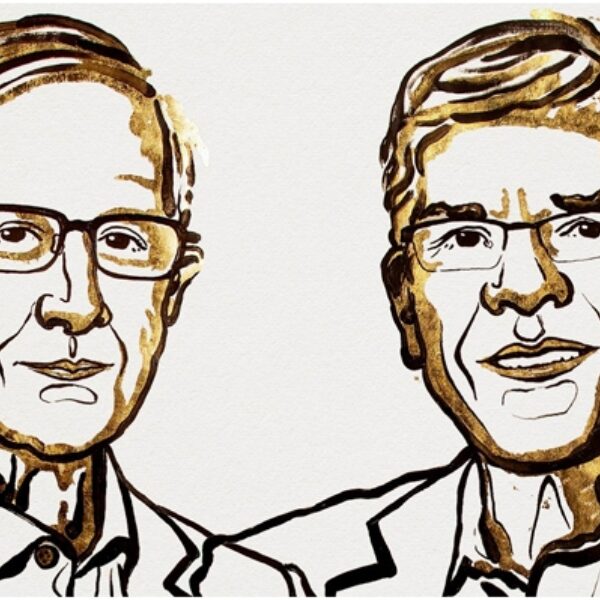
Nobel Prize in Economics: The compatibility of growth and climate change
On Monday, the 50th Nobel Prize in Economics was awarded to William Nordhaus and Paul Romer for creating a model to assess the effects of economic activity on climate change.
These two distinguished economists developed a set of methods to reconcile “long-term sustainable growth in the global economy with the welfare of the world’s population”, according to the Royal Swedish Academy of Sciences.
The Jury explains that William Nordhaus, Professor at Yale University, established the link between economic activity and climate change based on theories and experiences in the field of physics, chemistry and economics.
His works serve to predict or quantify the consequences of climate policies, for example the carbon tax.
Paul Romer, Professor at the NYU Stern School of Business, on the other hand, laid the foundation of the “endogenous growth theory”. He demonstrated how “the accumulation of ideas sustains long-term economic growth” and how economic developments and regulations govern the “willingness” of firms to innovate.
Associated areas of specialisation: Environment